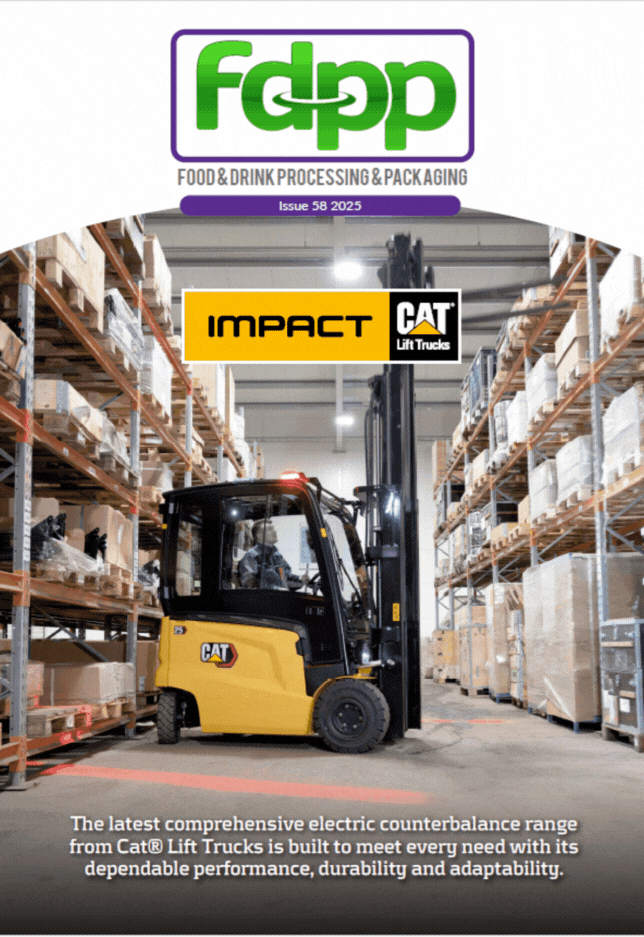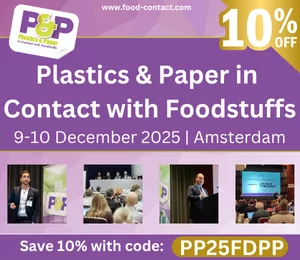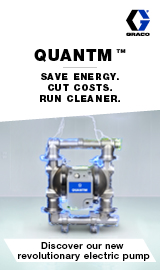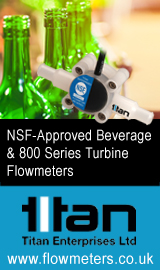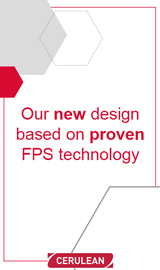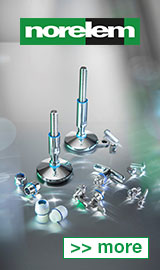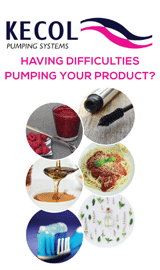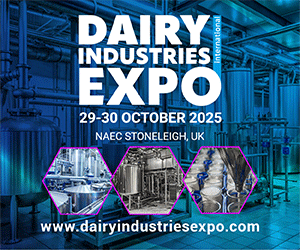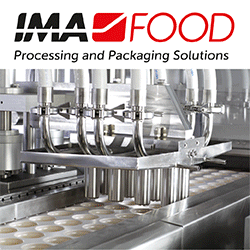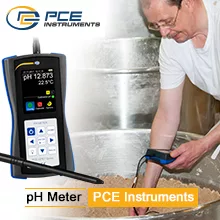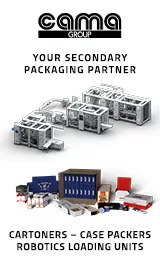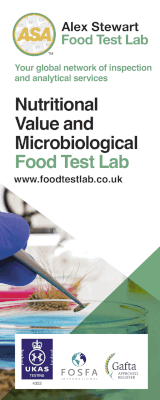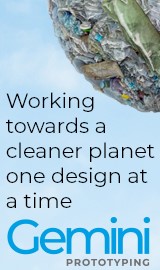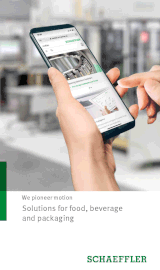Accurate Metering Optimises Soft Drink Blending
The global consumption of soft drinks, including fruit juices, is at an all-time high with demand expected to continue to rise as new markets are developed and new products introduced.
To meet this ever-increasing demand, major soft drink producers are being constantly challenged to reduce waste, increase throughput, minimise raw material inventories and improve quality. Consequently, soft drink blending requires accurate measurement of ingredients and this is especially the case when dispensing those high value constituents that are used in relatively small quantities.
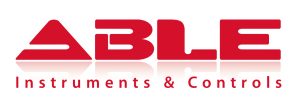
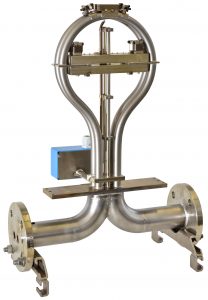
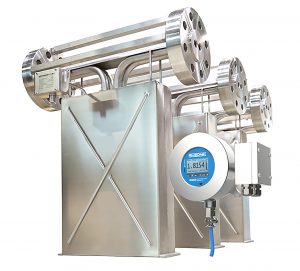
In the past, large beverage companies would typically produce simple syrups in large, agitated tanks, to which sweetener, water and concentrate were added using load cells or scales. Samples were then taken and laboratory tested to see whether the syrup’s concentration was within specification. If the test failed the batch had to be reworked, a time consuming and labour-intensive process, reducing the plant’s overall throughput and capacity. The manual sampling process also introduced human error, which could compromise final product quality.
Sugar syrup is highly viscous and expensive. Accurate allocation of this syrup is accordingly very important. However, this is very difficult to achieve with conventional flowmeters due to the characteristic viscosity changes. Density is another important parameter in the blending process as it is used to monitor sugar concentration, often stated as Degrees Brix (°Bx), or as a percentage concentration.
Rheonik Coriolis flowmeters provide accurate measurement of soft drink constituents such as sugar syrups because they measure actual mass of product delivered and are unaffected by changes in conductivity, pressure, temperature and viscosity.
Concurrently, the on-line density measurement from a Rheonik meter provides an output that gives direct mass concentration of most solutions and ingredients by reference to standard, built-in, look up tables. Brix concentration can therefore be measured in real time.
Rheonik Coriolis flowmeters are widely used to monitor the delivery of soft drink components such as orange juice concentrate and to control dilution in packaging plants. Furthermore, Coriolis meters can be used to quantify the amount of carbon dioxide used to convert “still” drinks into “sparkling” drinks.
Rheonik Coriolis Flowmeters are available exclusively in the UK from ABLE Instruments & Controls Ltd. For more information please contact us at info@able.co.uk.
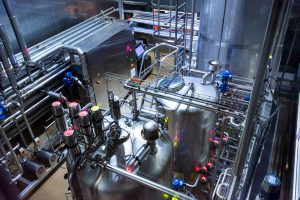
Metal reservoirs at a soft drink factory

